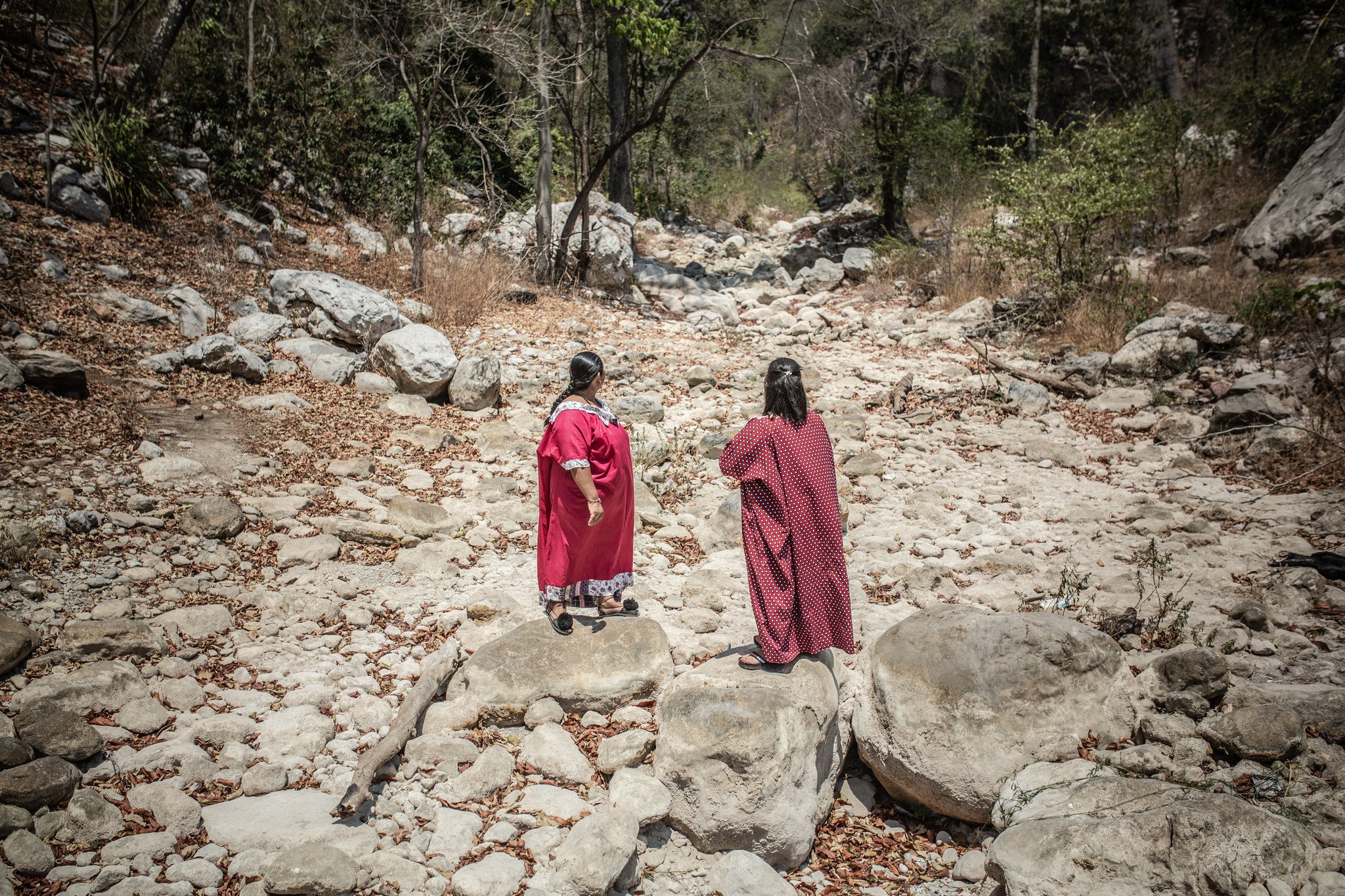Oxfam is calling for government to prevent violence against women speaking out in defense of rural communities and basic rights.
Women defenders of land rights and the environment in Colombia are being attacked at an alarming rate, according to Oxfam’s partners in the country.
The expansion of large scale mining activities and agribusiness in Colombia has greatly increased territorial disputes and violence suffered by individuals who defend water, land, forests and the rights of women, afro-descendants, indigenous and farming communities.
Threats, bullying, judicial harassment, illegal surveillance, forced disappearances, blackmail, sexual assault, and murder are common practice.
A statement from Oxfam’s office in Colombia says that women leaders have been specifically targeted due to their engagement in Colombia’s peace agreement, which proposed alternative and more sustainable models for economic development. Since the signing of the peace agreement in 2016, the presence of legal and illegal enterprises that are exploiting non-renewable natural resources are the subject of criticism from indigenous, small farmers and afro-descendent rural communities, and the source of conflicts in environmentally sensitive areas.
Women defenders are at a particular risk of violence. They are targeted not only for standing up for their rights, but also for being women who are exercising leadership, according to Oxfam staff in Colombia. “The methods of attacks against women rights defenders are particularly cruel”, said Aida Pesquera, Oxfam’s director in Colombia.
“A man is killed, but a woman is tortured and sexually abused before she is assassinated,” said Jacqueline Romero, leader of the Colombian organization Fuerza de Mujeres Wayúu. “Women are more vulnerable, because crimes committed against us are much more severe and cruel. Many of our ... sisters have been raped and they are told after, ‘this is for you to shut up.’”
Stream diverted
In one case in the Guajira region of northern Colombia, Angelica Ortiz of the Fuerza de Mujeres Wayúu organization reports that the El Cerrejón open pit coal mine, the largest in Latin America, diverted water from a stream that served as a primary water source for Wayúu indigenous communities in the area. The stream bed is now nothing but stones. “The community is left without water,” she says.

After Ortiz and others in her organization reported the environmental problems to the government, they have received death threats and Ortiz had to leave her community.
Oxfam is urging the Colombian government to listen to these women defenders and to apply specific urgent protective and preventive measures in order to reduce the alarming numbers of murders and threats.
The organization is also raising awareness globally of the situation facing women human rights defenders in Colombia in its “Defend her voice” campaign.
